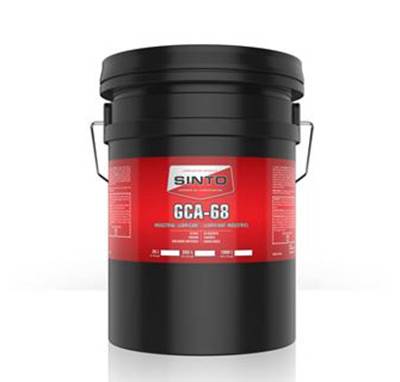Nov . 07, 2024 19:32 Back to list
Understanding the Properties and Uses of PVC Chemical Pipes in Various Applications
The Role of PVC Chemical Pipes in Modern Industry
Polyvinyl chloride (PVC) has emerged as one of the most widely used materials for constructing pipes, particularly in chemical and industrial applications. Known for its durability, chemical resistance, and cost-effectiveness, PVC chemical pipes play a vital role in transporting various fluids and chemicals safely and efficiently. This article explores the properties, benefits, applications, and future of PVC chemical pipes in modern industry.
Properties of PVC Chemical Pipes
One of the most significant advantages of PVC is its impressive resistance to a wide range of chemicals. Unlike traditional metal pipes, which can corrode when exposed to harsh substances, PVC pipes maintain their integrity when in contact with acids, bases, and salts. This characteristic makes them particularly suitable for chemical processing sectors where the transportation of toxic or reactive substances is unavoidable.
In addition to chemical resistance, PVC pipes are lightweight and easy to handle, which simplifies installation and reduces labor costs. Their smooth interior surfaces enhance flow rates and minimize the risk of blockages, contributing to overall efficiency. Furthermore, PVC is a non-toxic material, making it an environmentally friendly option compared to other pipe materials.
Benefits of Using PVC Chemical Pipes
The benefits of PVC chemical pipes are manifold. First and foremost, they offer excellent durability, which leads to a long service life. With proper installation and maintenance, PVC pipes can last for decades, reducing the need for frequent replacements and the associated costs.
Another key benefit is their ease of installation. PVC pipes can be joined using solvent cementing, which creates a strong bond without the need for welding or special tools. This allows for quicker assembly times and lowers installation costs, making them a preferred choice among contractors.
Additionally, PVC is a cost-effective solution. The production costs of PVC pipes are lower compared to those of pipes made from alternatives such as steel or copper. This affordability makes PVC an attractive option for both large-scale industrial projects and smaller applications.
pvc chemical pipe

Applications of PVC Chemical Pipes
The applications of PVC chemical pipes are vast and varied. They are extensively used in the chemical processing industry for transporting raw materials, intermediates, and finished products. Industries such as pharmaceuticals, food processing, and agriculture also rely on PVC pipes for their efficiency and safety in handling different substances.
In water treatment facilities, PVC pipes are crucial for transferring chemicals used in the purification process. They are commonly used to convey chlorine, sodium hypochlorite, and other cleaning agents essential for maintaining water quality.
Moreover, PVC pipes are valuable in irrigation systems where fertilizers and other agricultural chemicals are delivered directly to crops. Their resistance to corrosion and ability to withstand exposure to different soil conditions make them ideal for such applications.
Future of PVC Chemical Pipes
As industry demands evolve, the future of PVC chemical pipes looks promising. Innovations in materials technology are leading to the development of enhanced PVC formulations that offer even greater chemical resistance and durability. Additionally, advancements in manufacturing processes are making it possible to produce PVC pipes that are lighter and stronger than ever before.
Sustainability is another critical factor influencing the future of PVC pipes. With increasing emphasis on environmental responsibility, manufacturers are exploring methods to recycle used PVC products. This not only reduces plastic waste but also contributes to a circular economy within the plumbing industry.
In conclusion, PVC chemical pipes represent a vital component of modern industrial infrastructure. Their durability, chemical resistance, and cost-effectiveness make them the preferred choice for a wide range of applications. As technology continues to advance, PVC pipes will likely become even more versatile and environmentally sustainable, ensuring their relevance in the ever-changing landscape of industrial needs.
-
High-Quality PVC PPR Pipes and Fittings Durable ERA PPR Solutions
NewsJun.10,2025
-
High-Quality Large HDPE Sheets & Large Diameter PVC Pipe Durable Large PVC Pipe Supplier
NewsJun.10,2025
-
High Density Polyethylene Cutting Board - Durable & Food Safe
NewsJun.09,2025
-
3 Inch PVC Pipe for Durable Irrigation Affordable & Reliable
NewsJun.09,2025
-
Premium PPR Plastic Water Pipe Fittings - Durable & Leak-Free
NewsJun.09,2025
-
Durable PVC Water Pipe for Reliable Supply Affordable & Easy Install
NewsJun.09,2025

